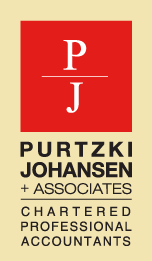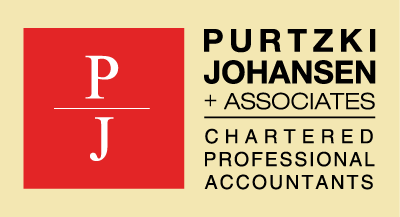If you find that your investment portfolio manager is making more money from your portfolio than you are, you may want to put an end to this unproductive relationship quickly. The money you put aside for retirement comes from spending long hours in the practice, and you should expect that your capital is invested diligently to produce a decent return.

Here are some tips for when you search for a new advisor.
- Recommendations from your colleagues means you will be dealing with a money manager who understands how doctors think about finances. As well as asking the advisor about his professional designations, ask about his experience dealing with the medical profession. Obtain client references.
- During initial discussions with a prospective advisor, explain your investment philosophy, your long-term objectives, risk tolerances, and your income needs. Be specific.
- Ask the advisor to prepare a comprehensive financial plan, including a time line for reaching your goals, and a proposed investment portfolio based on your investment philosophy. The asset allocation between stocks, bonds, income trusts etc should be based on your age, your retirement income needs, and the investment risks you are willing to take.
- Find out how your advisor will be compensated. The best system is a performance-based remuneration where your advisor’s income depends on how well he or she performs for you.
- In your initial discussion, be clear about what you expect from the advisor, including accessibility for telephone calls, and meetings which should be at least semi-annually. Be clear that you expect a pro-active approach in adjusting your portfolio regularly to reflect changing market conditions and a rebalancing of the asset allocation within the set investment parameters.
- Expect the advisor to discuss setting up an automatic savings program based on your income and cash needs.
- Interview at least three advisors before making a decision. You need to find an individual with a high level of expertise and also one with whom you can develop a trusting relationship.
- Once your new money manager presents you with a suggested portfolio, which should be well diversified and within your risk comfort zone, get a second opinion from another advisor. Although you should be prepared to pay a fee for the review, it’s a good insurance policy.



